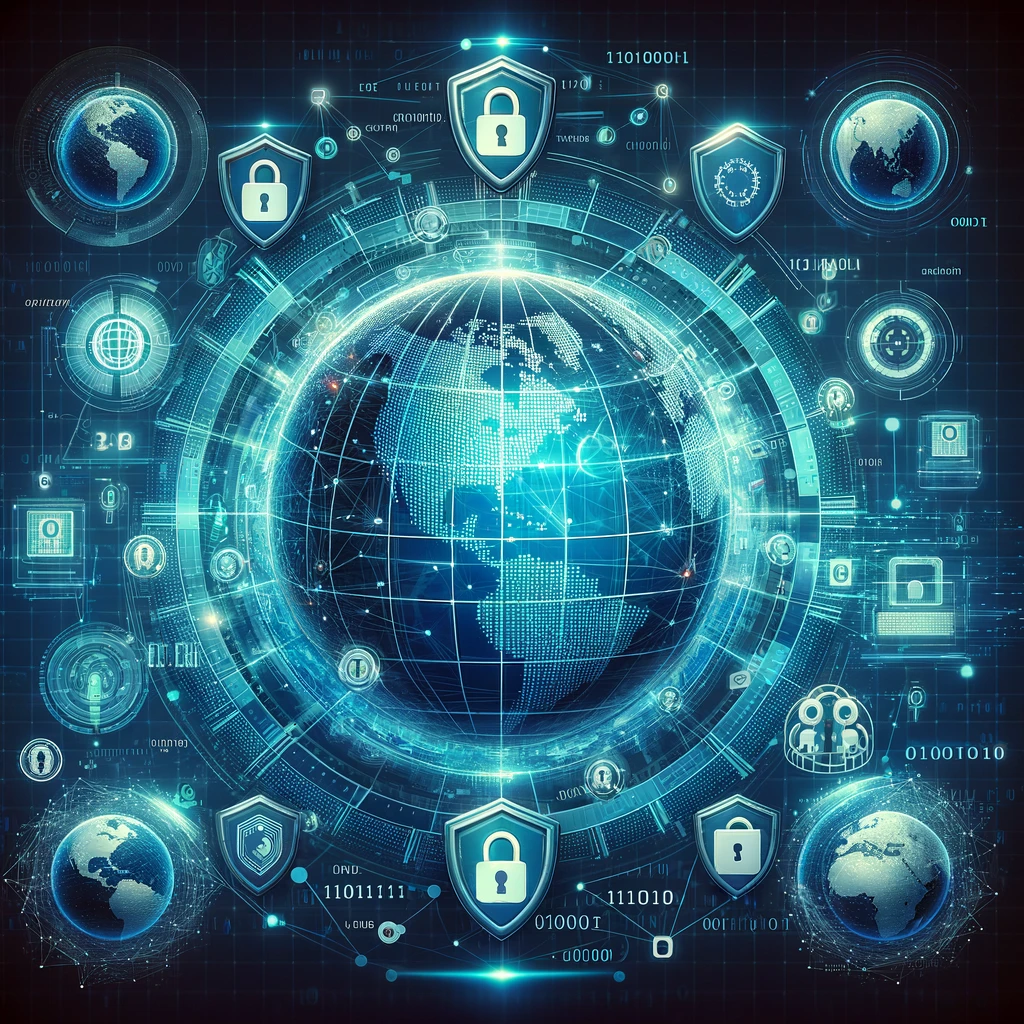In an era where digital footprints are as critical as physical ones, the importance of securing one's presence online cannot be overstated. With cyber threats becoming more sophisticated, individuals and businesses are turning to Virtual Private Networks (VPNs) as a crucial layer of defense. This comprehensive guide explores how VPNs are pivotal in enhancing internet security, safeguarding data privacy, and ensuring a safer browsing experience.
Understanding VPNs and Their Importance
A VPN is a technology that creates a secure, encrypted tunnel over the internet between your device and a server operated by the VPN service. This encryption protects hackers, internet service providers (ISP), and even governments from snooping on your internet activities, including the sites you visit and the data you transmit and receive.
The relevance of VPNs in today's digital landscape cannot be understated. With data breaches and cyberattacks becoming more frequent, VPNs offer an essential layer of protection. They are particularly crucial when using public Wi-Fi networks, which are often unsecured and ripe for exploitation by cybercriminals.
Enhanced Privacy and Anonymity
One of the primary benefits of using a VPN is enhancing privacy and anonymity online. By masking your IP address and encrypting your data, VPNs make it exceedingly difficult for third parties to track your online activities or determine your physical location. This is vital for protecting personal information and preserving the privacy of sensitive business data.
Safeguarding Data Integrity
Data integrity, whether personal information, financial transactions, or confidential business communications, is paramount. VPNs ensure that data transmitted over the internet is encrypted, protecting it from interception and tampering. This encryption is crucial for preventing man-in-the-middle attacks, where attackers intercept and possibly alter the communication between two parties.
Accessing Geographically Restricted Content
Beyond security, VPNs serve an essential function in bypassing geographical restrictions imposed by websites and streaming services. By connecting to a server in a different country, users can access content that would otherwise be unavailable in their region. This feature is particularly beneficial for journalists, researchers, and businesses needing access to a global information pool.
Choosing the Right VPN
Not all VPNs are created equal, and choosing the right one is crucial for ensuring optimal security. When selecting a VPN, consider factors such as encryption standards, privacy policies, server locations, and the presence of any data caps or bandwidth limits. Opt for providers that offer a no-logging policy, ensuring that your activities are not recorded or stored.
Implementing VPNs in Business Environments
For businesses, implementing VPNs is a step towards securing corporate data and protecting communications. VPNs are essential for remote workers, providing them with secure access to company networks and resources from any location. They also play a critical role in protecting the data integrity of transactions and communications, both internal and external.
The Future of Internet Security with VPNs
As internet security threats evolve, so too do the technologies designed to combat them. The future of VPNs lies in the advancement of encryption technologies and the development of more user-friendly interfaces. Moreover, with the increasing adoption of IoT devices and the expansion of remote work, the demand for VPNs is expected to rise, further solidifying their role in the cybersecurity landscape.
Challenges and Considerations
While VPNs are a powerful tool for enhancing internet security, they are not a panacea. Users must remain vigilant about other cybersecurity practices, such as using strong passwords, enabling multi-factor authentication, and keeping software up to date. Additionally, the legal and regulatory environment surrounding VPN use varies by country, and users should be aware of the laws applicable to them.
In the digital age, the significance of VPNs in bolstering internet security is undeniable. By providing encrypted connections and masking users' identities, VPNs offer a robust layer of protection against a myriad of cyber threats. Whether for personal privacy, business data security, or accessing global content, VPNs have become an indispensable tool in the cybersecurity toolkit.
As we navigate the complexities of the digital world, the role of VPNs in enhancing internet security remains a beacon of hope. By adopting VPNs alongside other cybersecurity measures, we can create a safer online environment for all. Remember, in the fight against cyber threats, knowledge is power, and awareness is the first step towards protection.
If you are interested in learning more, Schedule a call today.





